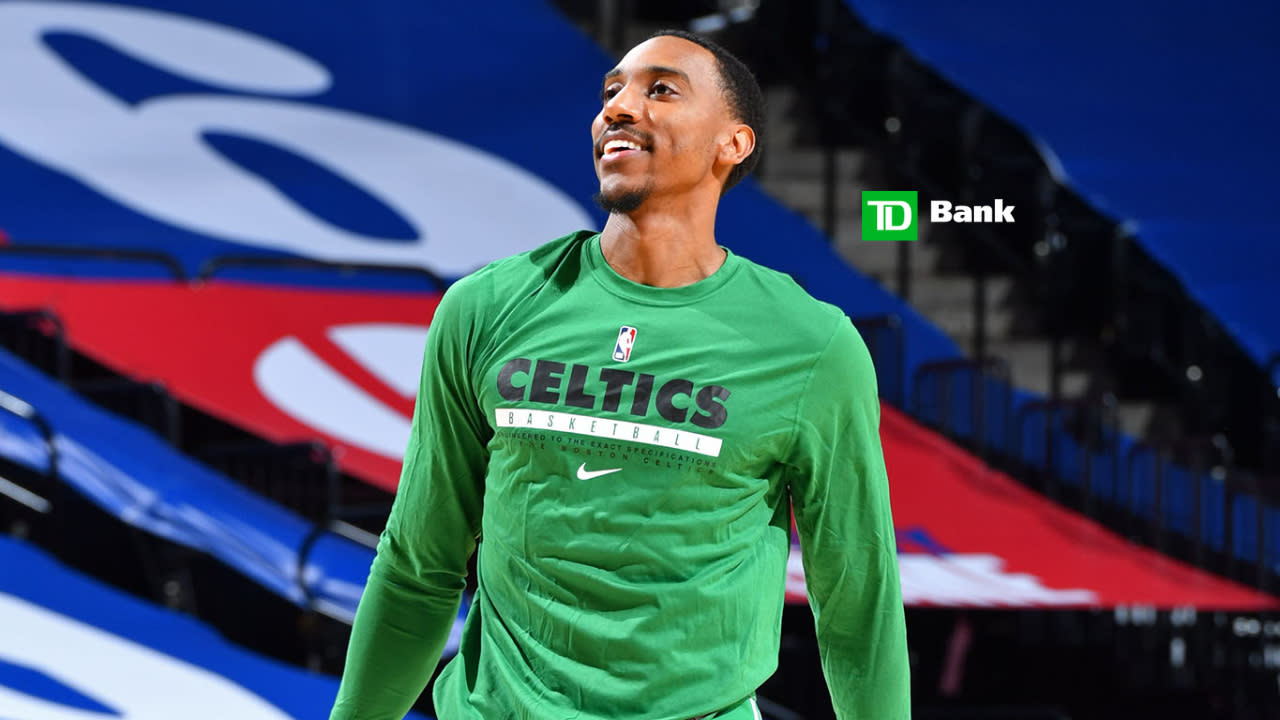Why fight Vasyl Lomachenko?
The question befuddles Teofimo Lopez, as if he’s being asked why the sun is warm or water is wet. In December, 2019, Lopez knocked out Richard Commey, claiming his most impressive win—and a piece of the 135-pound title with it. Lomachenko, arguably boxing’s pound-for-pound king, owned the other three pieces of the lightweight crown.
“Why would I fight him?” asked Lopez in an interview with Sports Illustrated. “Why wouldn’t I?”
It seems simple, doesn’t it? Two fighters, battling for weight class supremacy. But this is boxing, a sport plagued by warring promoters, greedy fighters and network connections that often serve as convenient excuses for backing out of fights. Lopez and Lomachenko shared a promoter and a network but the COVID-19 pandemic meant no live audience—and no seven-figure gate that comes with it. Lopez was offered $1.5 million to fight Lomachenko. If he put the fight off, he could have earned hundreds of thousands, even millions, more.
It should have been a difficult decision.
It wasn’t.
“I’m a man of my word,” says Lopez. “After I beat Commey, I said I was going to fight Lomachenko. I only wanted to fight Lomachenko.”
Last October, Lopez stepped into the ring and did what few thought possible: outboxed Lomachenko. Lomachenko’s resume had already been blemished, but that was six years ago in his second pro fight when Orlando Salido roughed him up en route to a debatable decision. He wiped out Gary Russell Jr. in his next fight and went on to steamroll the likes of Nicholas Walters, Guillermo Rigondeaux and Jorge Linares. He became “NoMasChenko” for his knack for making fighters quit. The idea that the 23-year old Lopez, with his uninspiring amateur resume and short pro career, could be the one to derail him seemed laughable.
But Lopez did, operating behind a patient jab through the first six rounds, surviving a Lomachenko surge in the middle and then pummeling the skilled Ukrainian with power shots in the last three minutes, with the fight, at least theoretically, in doubt. Turns out, it wasn’t—three judges scored it for Lopez by wide decision. It was Lopez’s only win in 2020, and enough for Lopez, along with Tyson Fury, to share Sports Illustrated’s Fighter of the Year.
Lopez’s confidence is fueled by skeptics, which trace back before he turned pro. Lopez was an afterthought at the 2016 Olympics. He was left off the U.S. team, courtesy of USA Boxing’s convoluted qualifying system. He landed a spot with Honduras, his parents’ home country, but was shutout on the scorecards in the opening round. He was part of Top Rank’s class of Olympic signees, but mentioned after ballyhooed prospects Robson Conceicao, Shakur Stevenson and Michael Conlan, like an “also starring” in movie credits.
Lopez’s talent, though, was quickly evident. Some fighters thrive in the pitty-patter scoring system of the amateur ranks. Lopez fit in better with the blunt power of the pros. Mason Menard, a rugged veteran, lasted one round with Lopez. Diego Magdaleno, a former title challenger, survived six. Commey had never been stopped before facing Lopez. A sledgehammer of a right hand in the second round changed that.
Lopez recognized Lomachenko’s resume. “Those fighters,” says Lopez, “ain’t me.” For years Lopez had watched Lomachenko, dreaming of his opportunity. What he saw was opponents that were in awe of Lomachenko. That showed him too much respect. In the months before the fight, Lopez didn’t just suggest he was going to beat Lomachenko; he said he was going to destroy him.
“And you know what?” says Lopez. “It was easier than I thought.”
Lopez bet on himself, and in 2021 he is set to reap the rewards. He is the unquestioned kingpin of the 135-pound division, but he isn’t looking to rest on his laurels. He wants Devin Haney, who has a piece of the WBC’s fragmented lightweight title; Ryan Garcia, a rising star; Gervonta Davis, a big punching contender. In the next few months, Jose Ramirez and Josh Taylor will meet to determine the undisputed champion at 140-pounds. Both are promoted by Top Rank. Lopez is in line to face the winner.
“Loma was really more about the glory,” says Lopez. “That’s what it used to be about back in the day. A lot of people now, it’s more about the social media followers and it’s more about all those things. I get it. And we’ll work on all those things and all that. But in the meantime, man, we’re the king of the division.”
In 2016, with his Olympics over, Lopez chose to stay in the Olympic village. He watched Claressa Shields win a gold medal. He watched Stevenson pick up a silver. He bumped into Serena Williams. He said hello to Spurs legend Tony Parker. He hung out in the villas, ate the unlimited free McDonald’s and soaked up the atmosphere, vowing then that he would soon achieve that level of success. The man known simply as “The Takeover” became hellbent on having his moment.
“I had to make a statement for myself,” says Lopez. “Nobody was going to do it for me. The guys in the Olympics, they got their time, they got their moment, let them enjoy it, but I’m going to get mine eventually and just work my way up. And that’s what we did. The motivation was just to keep going and to show everyone that I am the truth, that I know what I’m doing. I know that I am the best in boxing.”








